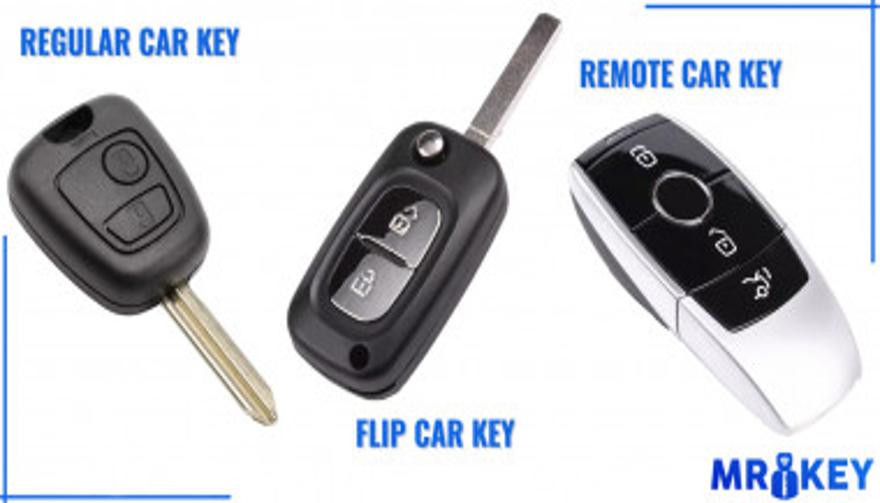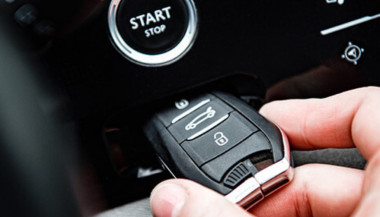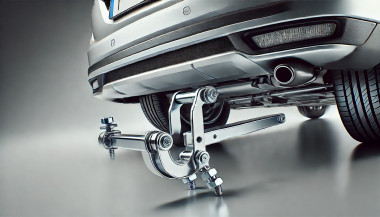Locked Out? Here’s What to Do Next
Imagine this: you’re rushing to an important meeting or trying to get your kids to school, only to discover you’ve lost your car keys or locked them inside your vehicle. Panic sets in, and the inconvenience seems insurmountable. Losing or damaging your car keys is a frustrating, but surprisingly common problem. Luckily, car key replacement services are more advanced and accessible than ever. But where do you start? From understanding key types to navigating costs and services, this guide breaks down everything you need to know about car key replacement.
Understanding Car Key Types: The First Step to Replacement
Before diving into the replacement process, it’s essential to identify the type of car key you have. The complexity of your key determines the cost and the effort required for replacement.
Traditional Mechanical Keys
- The simplest and most common in older vehicles.
- Easily duplicated at hardware stores or locksmiths.
Transponder Keys
- Equipped with a microchip that communicates with the car’s ignition system.
- Offers enhanced security, as the car won’t start without the correct chip signal.
Remote Key Fobs
- Allows remote locking, unlocking, and other functions like opening the trunk.
- Replacing a lost or damaged fob can be more expensive due to programming needs.
Smart Keys
- Found in modern luxury cars, these keys provide keyless entry and start.
- Operate via proximity sensors, making them highly convenient but costly to replace.
Each key type requires a different replacement approach, so understanding your key’s functionality is crucial.
The Replacement Process: What to Expect
Replacing a car key can range from a quick, inexpensive fix to a more involved process requiring specialized tools and expertise. Here's a step-by-step overview of what to expect:
Determine Your Replacement Options
- Authorized Dealership: Best for complex keys, but often the most expensive option.
- Local Locksmith: Typically faster and more affordable for mechanical keys and some transponders.
- Online Services: Websites offering key duplication or fob replacements can be convenient, though programming may still require a locksmith.
Gather Essential Information
- Vehicle identification number (VIN) and proof of ownership.
- Details about the key type and car make and model.
Programming and Testing
- Keys with transponders or fobs often require programming to match your car’s system.
- A professional locksmith or dealership will ensure the new key functions seamlessly.
Costs: How Much Should You Expect to Pay?
The cost of car key replacement varies significantly based on the key type, service provider, and your location. Here’s a general breakdown:
- Mechanical Keys: $10–$50 for duplication.
- Transponder Keys: $75–$200, including programming.
- Remote Key Fobs: $150–$400, depending on the car make and model.
- Smart Keys: $250–$600, with luxury models at the higher end.
Factors affecting cost include the car's age, whether you need key programming, and the urgency of the service. Always compare prices across locksmiths, dealerships, and online providers for the best deal.
A Global Perspective: Trends and Innovations in Car Key Replacement
Car key replacement practices vary worldwide, influenced by technology, availability of services, and local regulations.
- United States and Europe: Locksmiths and dealerships dominate the market, with online platforms gaining traction for basic duplications.
- Asia: With the rise of smart keys in markets like Japan and South Korea, dealerships often handle replacements due to proprietary technology.
- Emerging Markets: Mechanical keys are still prevalent, and costs are generally lower, though advanced key systems are increasingly common.
Global trends indicate a shift toward digital and biometric key systems, with smartphone-based replacements and app-controlled access gaining popularity. However, these advancements also raise concerns about cybersecurity and hacking.
Tips to Avoid Future Key Emergencies
While no one can predict when a key might be lost or damaged, a few preventative measures can save you from headaches down the road:
- Invest in a Spare Key: Having a duplicate ready can save time and money.
- Use a Key Finder Device: Attach a Bluetooth tracker to your keyring to locate lost keys easily.
- Protect Smart Keys: Store them in a signal-blocking pouch to prevent relay attacks.
Plan Ahead and Stay Prepared
Car key replacement might seem daunting, but with the right knowledge and preparation, it’s a manageable process. Understanding your key type, exploring your replacement options, and taking preventative steps can save you time and money.
If you’re facing a key emergency, start by identifying your options and gathering the necessary information. And for the future, consider investing in a spare or upgrading to a more secure system.
Losing your car keys may be inconvenient, but it doesn’t have to derail your plans. With modern solutions and a little foresight, you’ll be back on the road in no time.



_1736346259.jpg)

 (1)_1736344659.jpg)